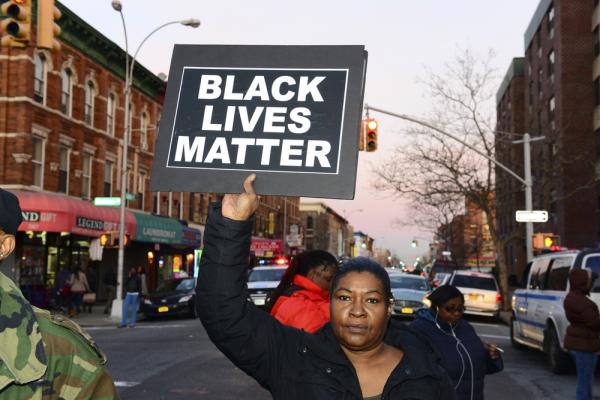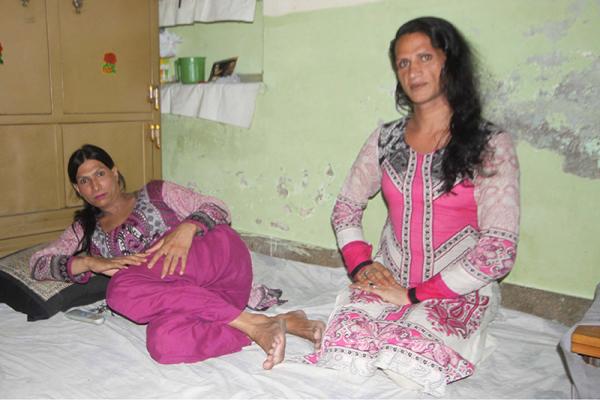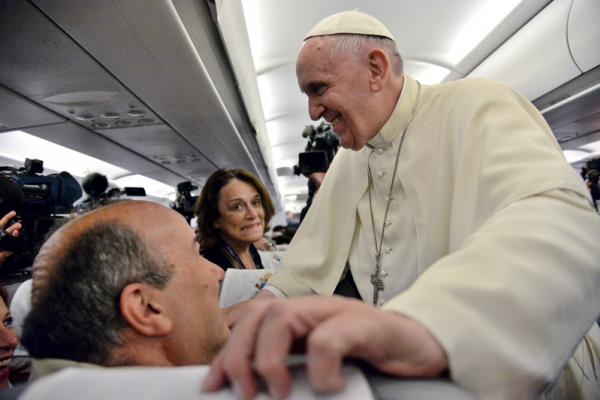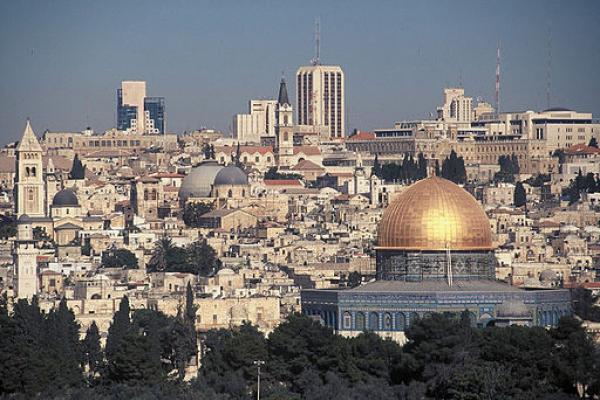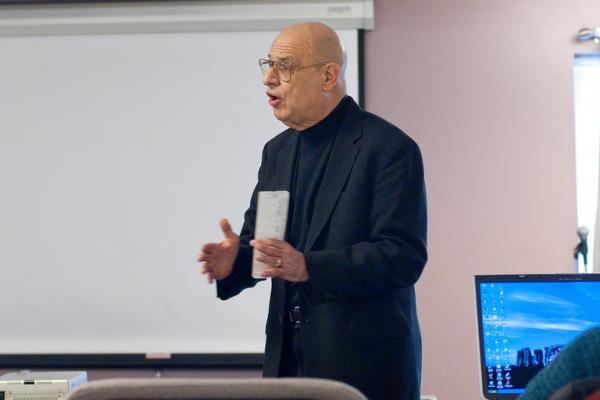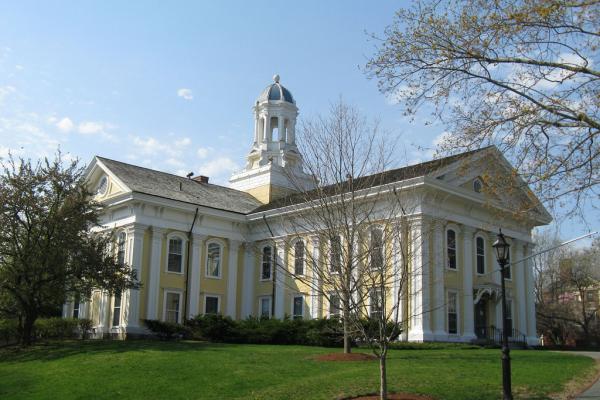How does a social movement begin? How does frustration meet courage and conviction to bring a people together to engage in transformative work? What seeds do we plant to change a nation?
Social movements do not form out of thin air. They arise out of people’s suffering. Social movements are rooted in moments when people decide to change the conversation. The growing momentum around this new conversation creates a movement — a swell of influence in society that has the potential to change minds and transform society.
Saima Butt witnessed an acid attack in February 2014 that left the victim scarred and writhing in pain. One onlooker said the assault was God’s retribution, and that her death would mean one less sinner in society.
“People enjoy our agonies and treat us like insects,” Butt said of herself and of the anonymous victim.
Butt is supervisor at the Khawaja Sara Society in Lahore and a member of the local “khawaja sara” or third-gender community. Pakistan added a third-gender option to national identity cards in 2009, but official recognition has not stopped discrimination against those who choose not to be identified as either male or female.
Pope Francis has decried the “filth” of online pornography and warned people against wasting time on their computers.
Speaking aboard the papal plane after his visit on June 6 to Bosnia-Herzegovina’s capital of Sarajevo, the pontiff took a two-pronged approach to modern technology.
“There are two different elements here: method and content,” he said, according to Vatican Radio.
“Regarding the method or way of doing things, there is one that is bad for the soul, and that is being too attached to the computer.”
The Supreme Court on June 8 declined to insert itself into the middle of the Israeli-Palestinian issue by second-guessing U.S. policy on Jerusalem.
Ruling just a few months after a feud between President Obama and Israeli Prime Minister Benjamin Netanyahu, the justices refused to allow Americans born in Jerusalem to have their passports changed to reflect Israel as their birthplace, as Congress demanded more than a decade ago.
In denying the challenge waged by the Jewish parents of a 12-year-old almost since his birth in 2002, a majority of justices heeded the State Department’s warning that a simple passport alteration could “provoke uproar throughout the Arab and Muslim world.”
Why does caring about Jesus mean we should care for the earth? There are plenty of Old Testament passages about the lordship of God over all creation, but let’s limit ourselves, for the sake of evangelical argument, to Jesus. He cares about ecology because of his incarnation into creation, his miracles restoring creation, and his lordship over creation.
It’s hard to overlook the peppy pink pig who appeared on the cover of our June issue, but maybe you missed the lyrical beauty of Senior Associate Editor Julie Polter’s review of Sufjan Stevens’ newest album, or Eboo Patel’s surprising lesson on what Thomas Jefferson’s 1764 copy of Islam’s holy book can tell us about the 2016 elections. The June issue taught us how to stop funding what we hate, how a housing-first model saved the life of a homeless transgender woman, and how prison guards are earning degrees alongside inmates.
Below, read our top 10 quotes from the June 2015 issue of Sojourners.
Late last month, Nigerian President Goodluck Jonathan signed a measure that criminalized the act of female genital mutilation in the country.
More than 125 million girls and women are thought to have suffered genital mutilation, a majority of them in Africa, according to The Root.
The Root reports:
"Some 19.9 million Nigerian women living today are thought to have undergone the practice, and human rights advocates hope the decision will spur about 26 other African countries to outlaw the procedure, the report says.
Nigeria’s groundbreaking legislation sends “a powerful signal not only within Nigeria but across Africa,” according to J. Peter Pham, the director of the Africa Center at the Atlantic Council."
The measure, one of outgoing president Jonathan's last acts, sets up president-elect Buhari to uphold the law without fear of political backlash.
Human rights groups have responded positively to the measure but caution that one measure in one country, while regionally significant, is only one step towards ending worldwide violence against women.
Join us in urging our Members of Congress to co-sponsor the 2015 International Violence Against Women Act (IVAWA), to help protect women in humanitarian crises from violence, in Nigeria and around the world.
After years of struggling to answer questions about his views on gay Christian couples, Tony Campolo released a statement June 8 calling for their full acceptance in the church.
Campolo, one of the most influential leaders of the Evangelical left and a core leader of the Red-Letter Christian movement, describes in detail how he came to this decision.
“It has taken countless hours of prayer, study, conversation, and emotional turmoil to bring me to the place where I am finally ready to call for the full acceptance of Christian gay couples into the Church,” wrote Campolo.
Pope Francis on June 5 met Chilean President Michelle Bachelet, while outside in St. Peter’s Square anti-abortion protesters drew attention to one of the most controversial topics up for discussion between the two leaders.
The meeting centered around “issues of common interest” such as education and “social peace,” as a Vatican statement put it. But the most contentious topic in play was “the protection of human life,” a nod to the traditionally Catholic country’s strict abortion law, which Bachelet is trying to modify.
Earlier this year, the Chilean leader proposed changes to allow abortions in cases of rape or if a woman’s life was in danger.
The foundation of Madeleine L’Engle, the late National Book Award-winning author of A Wrinkle in Time, has awarded OneWheaton, an independent community of LGBT students and alumni from Wheaton College, a $5,000 grant.
OneWheaton is committed to affirming LGBT students but is not officially recognized by the prominent evangelical school, which can expel students caught in homosexual behaviors.
The group plans to use the money to fund public discussions and forums about LGBT issues and evangelical culture.
